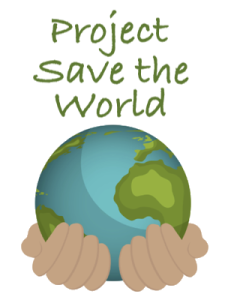Episode 466 Nuclear Winter and War Criminals
David Harries was educated and worked as a nuclear engineer. Leon Kosals is a sociologist professing criminology at University of Toronto, and James Simeon is head of McLaughlin College, York University. David answers Leon’s question about whether nuclear winter is a real possibility (yes, but mainly if there is escalation). They both agree with James that war is an existential threat now and must be controlled, which wil involve significant changes in the UN. Though the SDGs are essential, top priority may best be assigned to potential existential threats, which now means that we need means of enforcing international law, especially against leaders who perpetrate aggression against other states. For the video, audio podcast, transcript and comments: https://tosavetheworld.ca/episode-466-nuclear-winter-and-war-criminals. Then share your thoughts in the comment column.
Guests:
James Simeon
David Harries
Leon Kosals
Comments
To Post a Comment
Please wait a few seconds for the comments to load at the bottom of this page. Then read the ideas other people have shared and reply or add your own knowledge. The space for comments is in a pale font. It’s good to give your comment a title by selecting it and clicking the “B” (for “boldface”). And you can italicize passages with the “I”, indent, add hyperlinks (with the chain symbol) or even attach a photo or graphic from your hard drive by clicking the paperclip at the right side of the space. Have fun with it!
Head Office
- Box 248, Station P Toronto, Ontario, Canada M5S 2S7
- 1-416-789-2294
- project@peacemagazine.org
